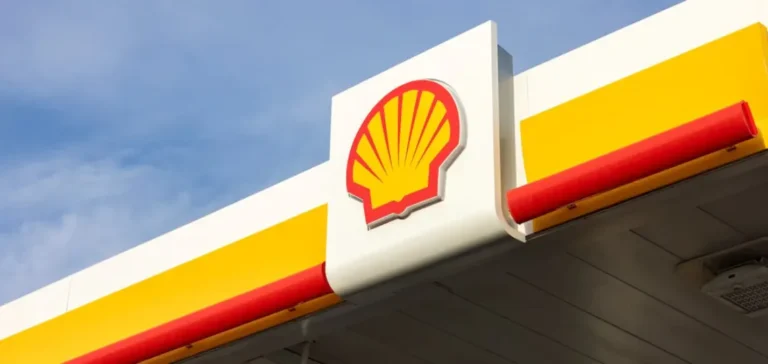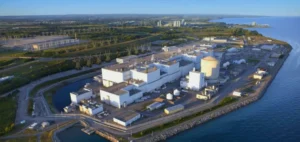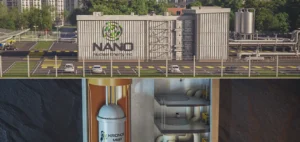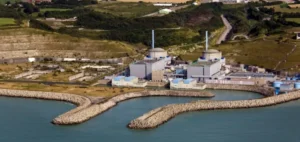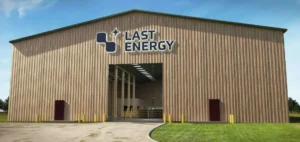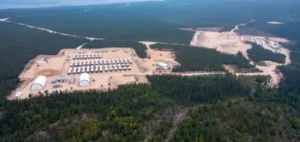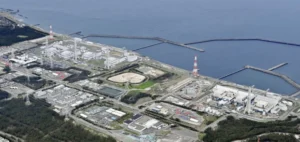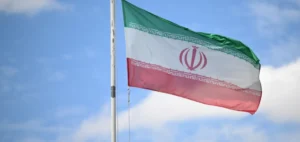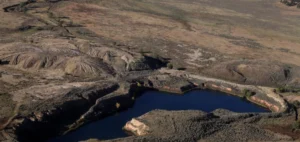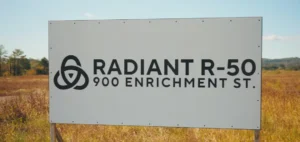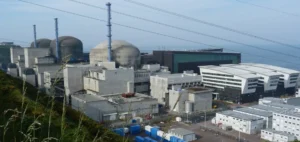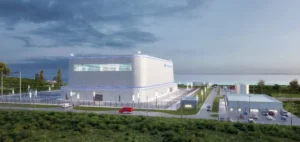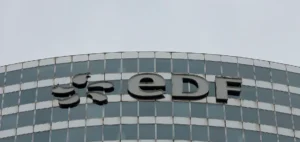After a two-year competition overseen by the public entity Great British Nuclear, recently renamed Great British Energy – Nuclear, Rolls-Royce SMR has been chosen as the preferred technology to develop the first Small Modular Reactors (SMRs) in the United Kingdom. The decision comes as the UK targets the expansion of its nuclear capacity to 24 GW by 2050, combining large-scale power plants with modular installations.
A structured selection process
The tender, launched in July 2023, initially shortlisted six companies. Four – GE Hitachi, Holtec International, Rolls-Royce SMR and Westinghouse – entered final negotiations. By April, only three submitted final tenders, with Westinghouse withdrawing. The UK government plans to sign a contract with Rolls-Royce SMR by the end of the year, as well as allocate a site and begin grid connection by the mid-2030s. A final investment decision is scheduled for 2029.
Advanced validation stage for the technology
The Rolls-Royce SMR model is based on a 470 MWe pressurised water reactor, designed to provide steady baseload power for 60 years. Around 90% of the unit will be built in factory conditions, limiting on-site risks and potentially shortening construction schedules. It is the only SMR design currently in the final stage of the Generic Design Assessment, conducted by the Office for Nuclear Regulation, the Environment Agency and Natural Resources Wales.
Domestic rollout and European ambitions
Rolls-Royce SMR stated that three units would be enough to stimulate national industrial growth, generating thousands of skilled jobs and strengthening the local supply chain. The company has already been selected by Czech utility ČEZ for a 3 GW project and is among the final two candidates in Sweden’s SMR selection process.
Industry reactions and impact on competitors
Holtec International, one of the unsuccessful bidders, announced it would scale back its factory project in South Yorkshire, citing impacts on jobs and project timelines. The company said it would now focus on partnerships with private sector actors in the UK and internationally.
Meanwhile, Chancellor Rachel Reeves confirmed a public investment of GBP14.2bn ($19.2bn) for the Sizewell C large-scale nuclear project, which will feature two EPR reactors developed in partnership with EDF. Wylfa in North Wales is also under consideration as a future nuclear site, potentially hosting either a gigawatt-scale plant or multiple SMRs, according to Energy Secretary Ed Miliband.


